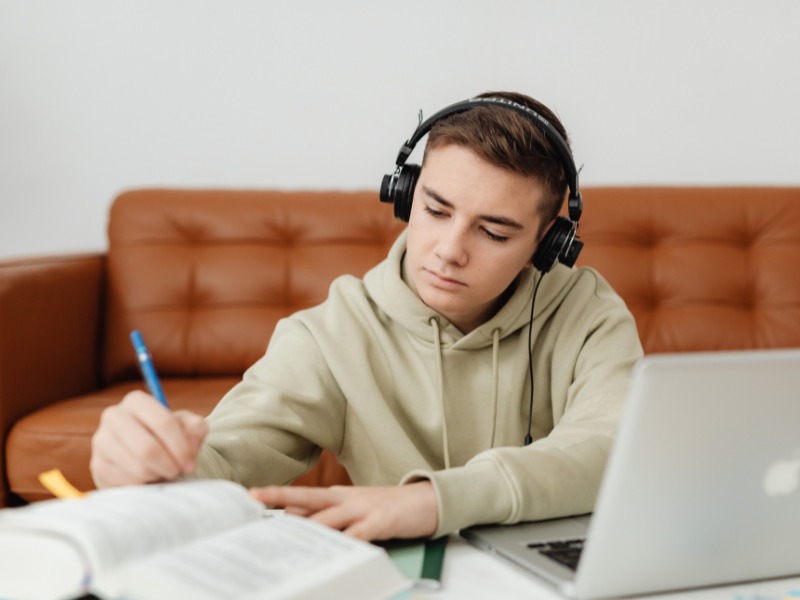
Research Updates

Here at Bigger Better Brains we believe that through educating yourself, you can then educate and affect positive change in your community.
With all of the research in the field of neuromusical science, our BBB Research section serves as a content hub for you. We regularly share findings and break down the latest research to educate and inspire discussion. We hope you enjoy this page on our website and share BBB news with your colleagues, parents and students.
Musical training linked to improved attention and working memory
“Musical training can improve attention and working memory, which are executive functions that are important for daily life and are correlated with general better outcomes during lifespan.”
This is not a violin…
On Jan 3, 2023, Bigger Better Brains and I started a campaign we called “This is a not a…” campaign. At the essence of the campaign is the idea that music learning is not just learning music, but learning how to learn.
A school transformed itself by giving every student a violin
This is where the power of the story is. It is not simply that music learning has transformed a school and its students; it is HOW it has done it.
Could music help improve students’ ability to learn?
As students worldwide are having educational experiences that are a little or a lot different to their “normal”, teachers are looking for ways to maintain students’ engagement in a similar way to when they are attending “normal” school.
Music hits the mark to improve our memory
For almost a decade now we have understood that music listening activates the reward network in the brain.
Music learning enhances executive function in preschoolers
After 12 weeks of 35 minutes of active music learning every day, randomly chosen preschoolers in the experiment group had higher scores on all of these executive function measures.
Hitting a drum helps preschoolers gain control
To get control of our inhibitory control, preschoolers might first need to get a hold of the beat!
Joint music-making leads to more helping behaviour in 18-month olds
It may seem strange to think of a childcare centre that does not use music in some way. We know about the many cognitive skills that interaction with music can create for your children, but why do we have music in the first place?
Which is better – learning one instrument or many?
Music programs often grapple with a big question: Should we give our students a variety of experiences learning different instruments, or should we get them to focus on learning and eventually mastering just one instrument?
How does drumming assist school children diagnosed with autism?
In this study, they found that 10 weeks of rock drum kit improved dexterity, rhythm, timing and the ability to maintain attention for children with autism.
Helping ADHD students through music learning
This summary could be very helpful for understanding the learning challenges faced by ADHD students in your music ensemble or classroom and also give you ideas on specific activities for focus or to help improve their skills.
Dyslexia, beta waves and rhythm processing
Dyslexia, beta waves and rhythm processing – that is a mouthful of tricky words. But in this new study, they are all connected and could reveal new understandings about the brain mechanisms that cause dyslexia.





















